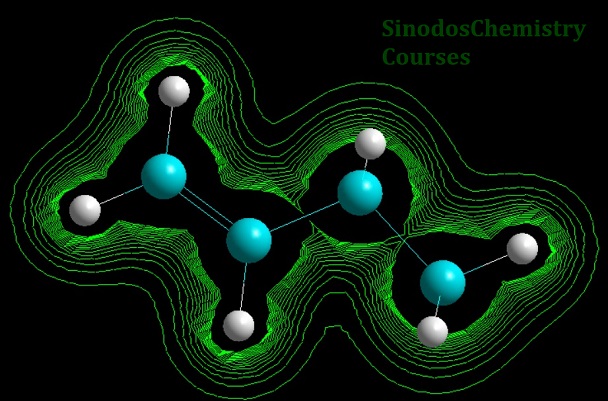Gas Chromatography

Gas Chromatography is a simple, general method for composition determination of compounds and mixtures that are not destroyed upon heating. The principle of operation is simple, combining diffusion and adsorption in a column and identification of pure substances at the exit of the column at different exit times. Gas Chromatography is widely used in the industry and its operation modes, advantages, limitations, and working principles are presented in this course.
Objectives
In this program, you will:
- Understand the working principles of GC
- Understand the important advantages, limitations and applications of GC
- Learn how to design, operate and inspect a GC process
- Understand the differences to other similar analytical and Spectro analytical methods
Contents
- Introduction to analytical approaches
- Operating principles for major analytical methods
- Introduction to GC columns
- Adsorption and diffusion in a GC column
- Limitations, applications and advantages
- Syringe technology
- Transfer line technology
- Solid phase microextraction
- Types of inlets
- Types of detectors at GC column exit
- Thermal conductivity detector
- Catalytic combustion detector
- Flame ionization detector
- Electron capture detector
- Helium ionization detector
- Photo ionization detector
- Pulse discharge ionization detector
- Carrier gas selection
- Stationery compound selection
- Injection methodologies
- Results and analysis
- Applications
- Recent advances and developments
- Review
Who should attend?
This course in intended for:
- All professionals working in a field of interest that need to enhance their understanding on Gas Chromatography
- Management members that need to understand requirements and possibilities in the field
- University students (industrial engineers, chemists, physicists, chemical engineers, mechanical engineers) looking for an improved understanding of non-destructive techniques
Variations of the suggested outlines can be prepared on demand (terms and conditions apply)
